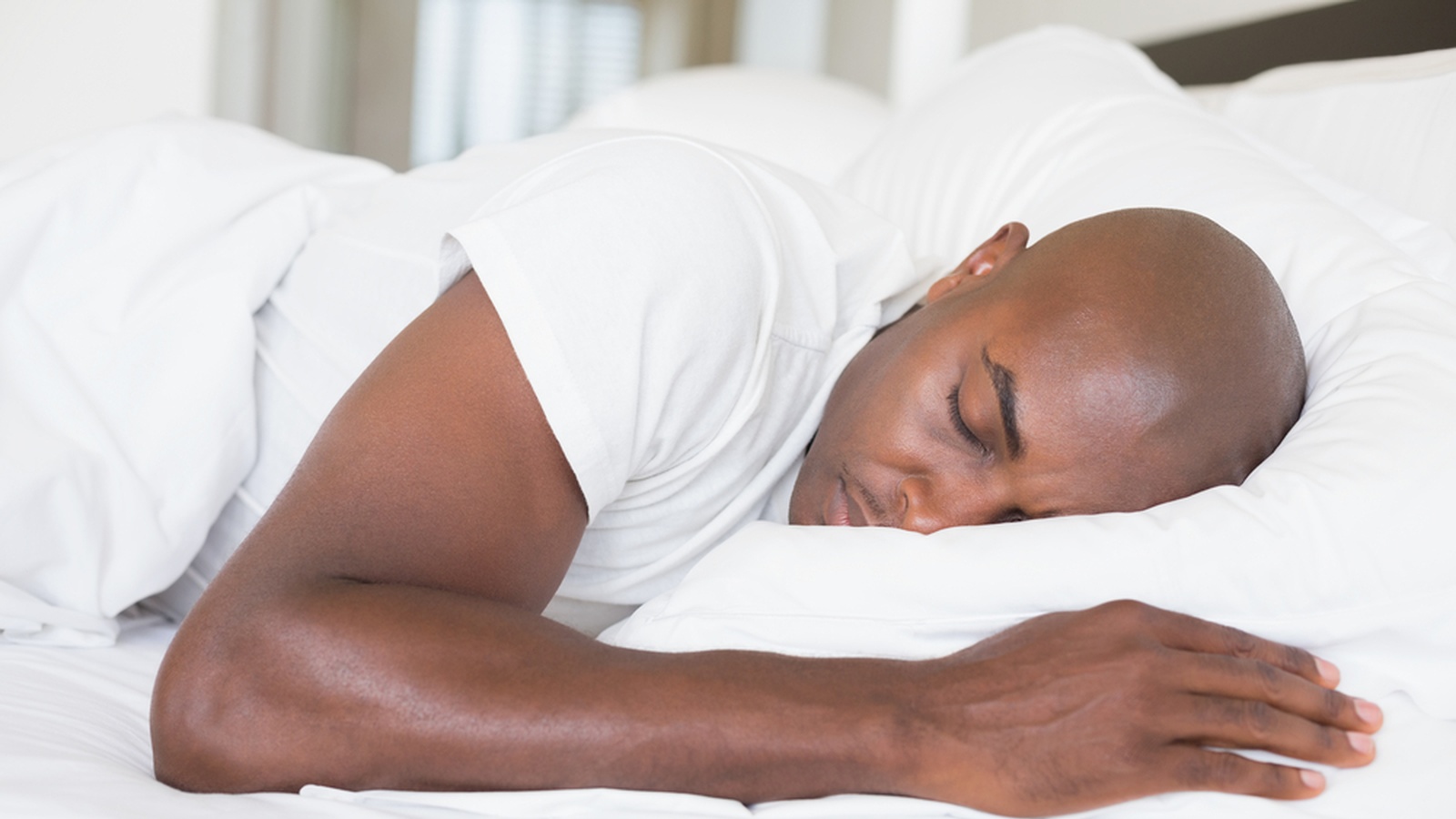Sleep Science: 7 Secrets to Getting a Good Night’s Sleep
We’ve all experienced how challenging a day can be when running off poor sleep from the night before. To function at our best we need adequate and consistent nightly rest. Having one or successive nights of poor sleep not only leaves us frustrated and ill-prepared for the day but can lead to a multitude of ailments and serious conditions. If you are one of the many people who struggle to get good shut-eye each night we urge you to make this one of your top health priorities. We’ve done the research and below you’ll find some key sleep insights and top tips to help you restore your sleep cycle and begin to reap the benefits of a deep and restorative sleep.
What happens when we don’t get enough quality sleep?
The Sleep Health Foundation has found a “sleepiness epidemic” is affecting between 33 and 45 per cent of Australians who are achieving poor sleep leading to fatigue and irritability, putting them at risk of low productivity, damage to their mental health and unsafe behaviors.
Sleep deprivation is a process that includes circadian rhythm disruption. Circadian rhythms are the patterns of being tired and awake driven by our internal body clock and is influenced by light and darkness - humans tending to sleep at night and awake in morning light. Even a few days of sleep deprivation or circadian disruption can increase appetite and caloric intake, increase levels of pro-inflammatory cytokines, increase blood pressure, increase evening cortisol levels, as well as elevate insulin and blood glucose. These chemical changes can lead to an increase in anxiety and aggression, memory impairment and an increased risk for Alzheimer's and dementia.
Inadequate sleep has also been found to be a strong predictor of numerous issues including:
- Increasing the risk of heart disease or cancer
- Harming your brain by halting new neuron production
- Contributing to premature aging by interfering with your growth hormone production
- Weakening your immune system
- Decreasing problem solving ability
- Stomach ulcers
- Constipation
- Mood disorders
Common sleep disruptors
The key factors that researchers have found to negatively impact sleep include:
- Noise: There is consensus that noise is a clear source of sleep disturbance and even unconsciously observed or ‘background’ noise in people’s normal surroundings, such as local traffic or music, can have a negative impact. Research recommendations commonly advise noise minimization in sleep environments.
- Stress: Stress keeps the brain active and impedes “sleep initiation” through stimulating the body, keeping it awake.
- Alcohol: Occasional consumption of alcohol shortly before bedtime can impair sleep that night and following this, alcohol dependency can lead to chronic sleep problems, exacerbated during acute alcohol withdrawal.
- Nicotine: Evidence suggests that exposure to nicotine is associated with sleep problems, particularly at high doses. As with alcohol, withdrawal from nicotine can exacerbate sleep problems.
- Caffeine: Large doses of caffeine close to bedtime have an acute disruptive effect on human sleep. Luckily, those who enjoy a morning cup of coffee but abstain throughout the later half of the day may not notice an impact on sleep quality.
Key tips for switching off for a good night’s sleep
- Exercise: Studies have found moderate bouts of exercise lead to improvement in the following night's sleep. It’s encouraging to know even a little will go a long way when it comes to increasing the quality of sleep. Try to do just 10 minutes each day of yoga or light exercise.
- Darkness: As our circadian rhythm is influenced by natural light and darkness it is important to shut out as much light as possible. Modern electrical lighting has been found to disrupt the body clock, sending signals to your brain that indicate it is time to be alert. Blue lights from computer and smartphone screens are particularly stimulating, so it is important to avoid using devices near bedtime. If you can’t pull yourself away from the screen, there are computer programs available that can adjust the color of your computer's display to adapt to the time of day, warm at night (reducing stimulating blue light) and like sunlight during the day.
- Reserve your bed for sleeping: Designating the bed as a space for rest only will assist in the wind-down process. Avoid overly mentally stimulating tasks in this space, such as work or using technology, to help the brain kick into sleep mode. No more Facebook in bed!
- Establish a bedtime routine and go to bed as early as possible: Maintaining roughly the same bedtime and waking time has been found to assist natural circadian rhythms and make it easier to go to sleep deeply and wake more easily.
- Mindfulness meditation: Studies have found mindfulness meditation to be a positive aid in improved sleep quality; the calming of nerves and reduced anxiety that often follows meditation assists psychological and physiological preparation for sleep. Check out our FMTV meditations here to help you quiet your mind and prepare for quality sleep.
- Diet: Don’t overlook your diet and nutrition when taking steps to improve sleep duration and quality. Along with reducing or avoiding overconsumption of alcohol, nicotine and caffeine, reach for protein-rich foods. Most protein-rich foods are a common source of tryptophan, which is an amino acid that helps to promote sleep.
- Drink a ‘sleepy tea’ as part of your wind down routine before bed: Tea ingredients such as chamomile, lemon balm and passionflower have been found to improve sleep through helping us to regulate nerves, calming us from stress and anxiety.
While there are many factors influencing the quality of sleep, striking the right balance can take some experimentation. These tips should help you on the way to understanding your own sleep needs.
Discover how to eat your medicine to heal your gut, eliminate bloating, skin issues and hair loss as I share seven nutrition principles in this free masterclass. Running for a limited time only.









